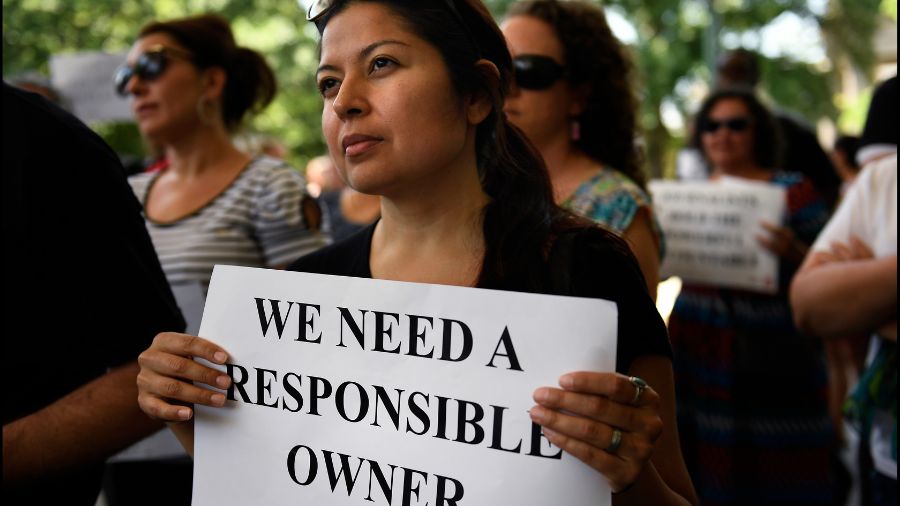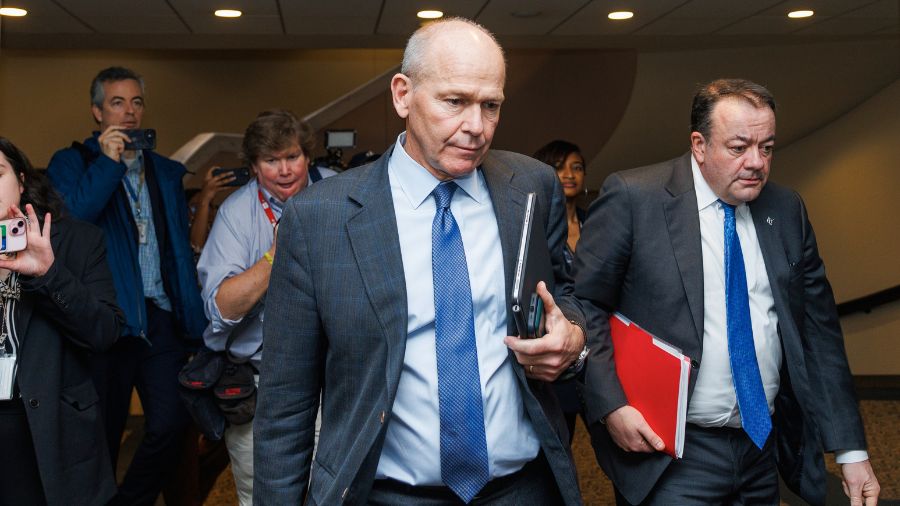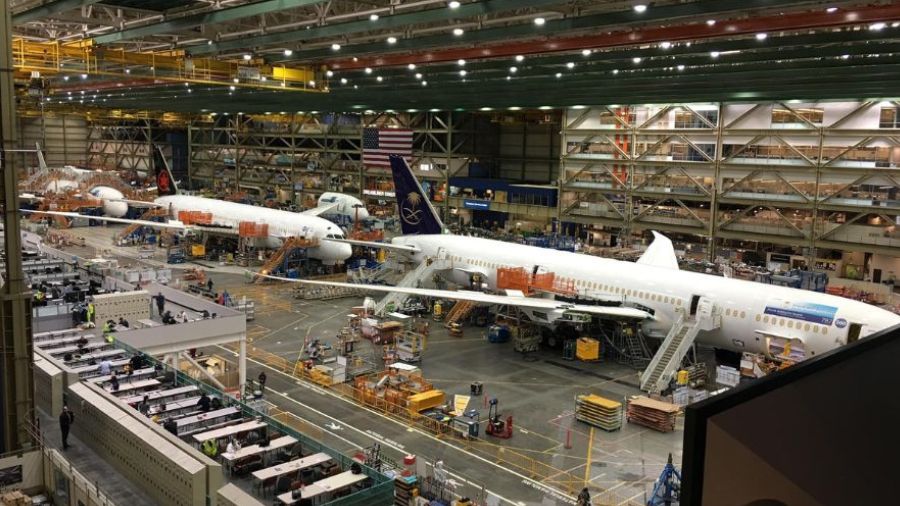UW study could pave way for more at-home coronavirus testing
Mar 26, 2020, 9:59 AM | Updated: 10:42 am

An at-home coronavirus test. (Greater Seattle Coronavirus Assessment Network)
(Greater Seattle Coronavirus Assessment Network)
A new study out of the University of Washington could lay the groundwork to ramp up at-home coronavirus testing across the United States.
King County group sends out at-home tests ‘to better predict’ virus
The study comes out of the UW’s Department of Environmental and Occupational Health Sciences, after collecting samples from patients who swabbed themselves in order to determine how accurate the process could be in detecting the presence of coronavirus.
It found that of the self-swabbed samples collected by almost 500 patients, over 90% accurately detected COVID-19.
“Nasal swabs are extremely easy for anyone to self-collect, in any setting,” said the study’s co-author and UW professor Gerard Cangelosi. “So it’s an excellent way to expand screening while reducing worker exposure.”
Thanks to the discoveries made in the UW’s study, the U.S. Food and Drug Administration reworked its recommendations to allow patients across the country to collect their own nasal swabs.
As the nationwide COVID-19 outbreak has escalated, the standard has been to have a specially trained health care worker collect swabs from patients themselves. That’s a process that requires a patient to travel outside their home, while the worker taking the sample is required to use personal protective equipment to adhere to safety standards.
The hope in urging a switch to more self-swabbing is that issues related to both logistics and resources could be mitigated, in turn increasing the capacity to collect more samples.
“Making simple, patient-administered testing widely available will substantially improve testing efficiency while protecting health care workers and preserving urgently needed personal protective equipment, such as face masks, gowns, and gloves,” said study lead Dr. Yuan-Po Tu.
Labs like the one at UW Virology have noted that they are operating “far under capacity.” That’s despite having the ability to run thousands of tests per day, while programs to massively increase sample collection have yet to bear fruit.
Ross: Can Americans do what it takes to stop coronavirus in its tracks?
Currently, tests are still being prioritized for individuals showing severe symptoms, as well as police officers, firefighters, and first responders on the front lines. Testing for those with mild symptoms, though, has still been hard to come by, something that would be integral to preventing the continued spread of the virus.
A vastly expanded testing program for those with mild or no symptoms is something that some experts have dubbed as a necessity to ensuring that coronavirus doesn’t continue to recur after cases start to subside, as well as curbing its current spread.












